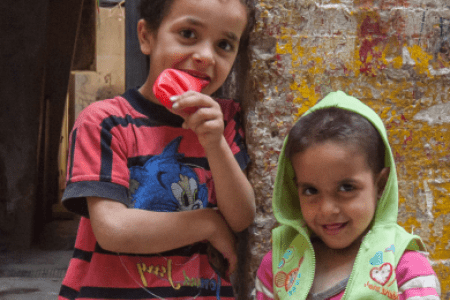
Poverty in Lebanon has drastically increased over the past year, now affecting about 74% of the total population, warns a new policy brief on “Multidimensional Poverty in Lebanon: Painful Reality and Uncertain Prospects” issued today by the United Nations Economic and Social Commission for Western Asia (ESCWA). Taking into account dimensions other than income, such as access to health, education and public utilities, increases the rate to 82% of the population living in multidimensional poverty.
This new policy brief comes one year after a previous ESCWA publication on poverty in Lebanon, which had found that between 2019 and 2020, the headcount poverty rate had already jumped from 28% to 55%. According to today’s updates, the multidimensional poverty rate in Lebanon has nearly doubled from 42% in 2019 to 82% in 2021.
Against this backdrop, ESCWA Executive Secretary Rola Dashti reiterated her call for the establishment of a social solidarity fund to alleviate the country’s humanitarian crisis. She recalled that, in 2020, ESCWA put forward a proposal: the 10% richest decile in Lebanon, who held nearly $91 billion of wealth at the time, could bridge the funding gap for poverty eradication by making annual contributions of 1% of their net wealth.
According to the study, interlinked shocks exposed the Lebanese pound exchange rate, which has been fixed since the beginning of the century, to tremendous pressures, causing currency depreciation. Inflation soared to 281% between June 2019 and June 2021. These combined shocks have led to a significant decrease in the living standards of both Lebanese and non-Lebanese, and to rampant deprivation.
Moreover, extreme multidimensional poverty, which refers to deprivation in two or more dimensions of poverty, affects 34% of the population today, exceeding half in some areas of the country.
Source: ESCWA







